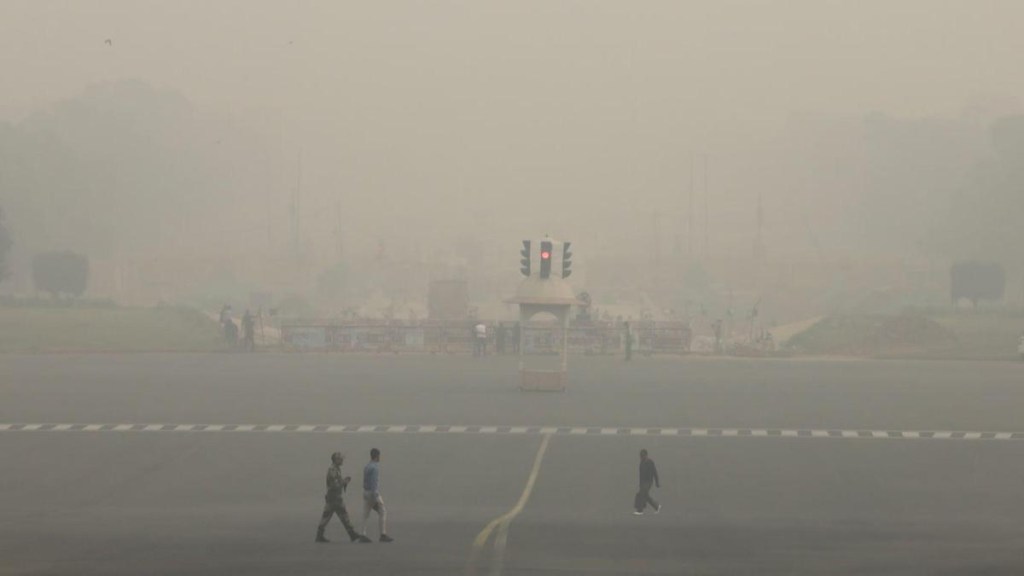Delhi ushered in the New Year under a shroud of fog and biting cold, as the Air Quality Index (AQI) at 8 a.m. on Wednesday registered 239, categorized as “poor”. The chilly conditions, with visibility reduced due to the dense fog, put the spotlight on the city’s ongoing struggle with winter pollution. The minimum temperature was recorded at 8.05°C, with the maximum expected to touch 17.98°C under clear skies, according to the India Meteorological Department (IMD).
The national capital, however, recently saw a reprieve from severe pollution, thanks to weekend rains that briefly pushed the AQI into the “moderate” category on Monday. Reflecting on the year gone by, Delhi recorded a remarkable improvement in air quality management, achieving 209 days in the “Good to Moderate” AQI range in 2024. This is the highest number since 2020, when pandemic lockdowns dramatically reduced human activity.
The Commission for Air Quality Management (CAQM) attributed this progress to collaborative measures aimed at reducing industrial, vehicular, and agricultural emissions. A significant reduction in stubble burning during the paddy harvest season played a critical role in curbing episodic pollution spikes.
Despite meteorological challenges, Delhi’s 2024 average AQI ranked as the second-best in recent years, marking steady progress in tackling air pollution. The CAQM praised stakeholders’ collective efforts while emphasizing the need for sustained action to further enhance air quality.

